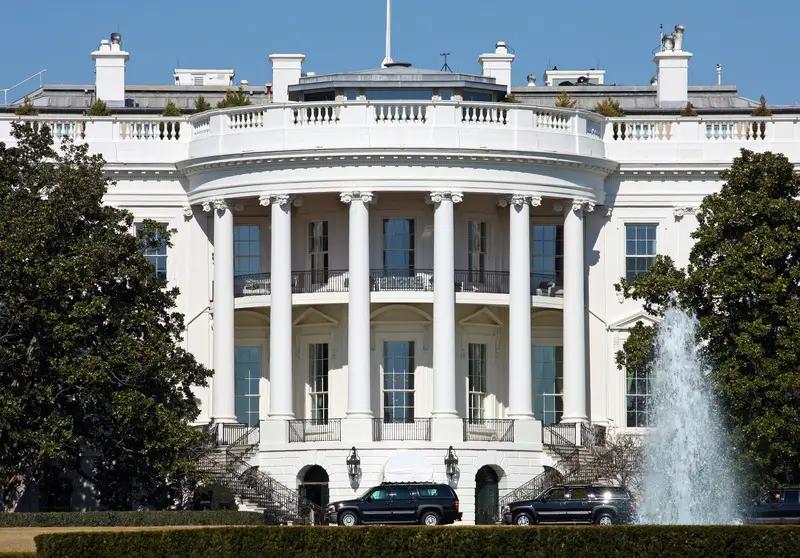President Donald Trump criticized New York Judge Arthur Engoron on Sunday, August 24, 2025, labeling him “incompetent,” “crooked,” and “corrupt” after an appellate court victory that nullified a $500 million penalty in a civil fraud case.
Trump’s comments came following the New York Appellate Division’s ruling on Thursday, which overturned the substantial civil fraud penalty, branding it excessive and a breach of the Eighth Amendment. However, the finding of fraud and the injunctive relief remained intact. This decision marked one of Trump’s significant legal wins in the case initiated by New York Attorney General Letitia James.
In a Truth Social post, Trump claimed the appellate court had removed Engoron, though he alleged the judge refused to accept the ruling. “He’s a highly overturned, CROOKED Judge, who is retiring into a life of lawsuits, along with his Chief Clerk, soon!” Trump wrote, asserting that Engoron was nearly as corrupt as James.
The initial case arose from a lawsuit by James, who accused Trump of inflating his asset values to secure favorable terms from lenders for his real estate ventures. After an 11-week bench trial, Engoron found Trump responsible for a decade of business fraud, having exaggerated his net worth to secure better business deals.
Engoron had ordered Trump to pay $364 million in penalties, which, with interest, totaled around $500 million. Additionally, the judge temporarily barred Trump and his sons from serving as directors of New York-based companies for a period of several years. The total penalty, along with fines on other Trump Organization executives, including Donald Jr. and Eric Trump, amounted to over $527 million including interest.
The appellate court’s decision was divided on the merits of the lawsuit. Two judges concurred that Trump was correctly held liable for business fraud but deemed the fine excessive. Two other judges cited trial-level errors as grounds for a limited new trial but, “with great reluctance,” agreed to vacate the monetary award so the case could advance to the Court of Appeals.
Justice David Friedman issued a strong dissent, arguing that James’ real objective was political rather than protecting the market. He suggested her true aim was not market integrity but pursuing a political agenda to undermine Trump’s political career and dismantle his real estate holdings.
Friedman criticized James’ application of Section 63(12) of New York’s Executive Law, which grants the attorney general broad powers to investigate civil fraud. He described the use as unprecedented and political, effectively giving James limitless power to target her political adversaries. The justice indicated he would reverse the judgment and dismiss the complaint entirely.
The appellate panel upheld the findings that Trump and his company were liable, affirming that James had acted within her authority, and that injunctive relief against the Trump Organization was appropriate. However, the court dismissed the financial penalty entirely while allowing a pathway for further appeals to the Court of Appeals.
During the original trial, Engoron determined that Trump and his co-defendants committed fraud, including falsely claiming that Trump’s penthouse was three times its actual size and valuing his Mar-a-Lago estate as a personal residence rather than a social club. The judge noted that the defendants’ complete lack of remorse bordered on pathological behavior.
James responded to the appellate ruling by affirming the merit of her case and announcing plans to appeal to the state’s highest court to reinstate the penalty. She emphasized that the court upheld the trial court’s decision, which held Trump, his company, and two of his children accountable for fraud, and sustained the injunction limiting their ability to operate businesses in New York.
Alina Habba, Trump’s former personal lawyer who assisted in his defense and was later appointed interim U.S. attorney for New Jersey, described the decision as a decisive win. She portrayed the attorney general’s case as politically driven, legally unfounded, and excessively harsh.
The appellate court took an unusually lengthy period to rule, deliberating on Trump’s appeal for nearly 11 months after oral arguments last fall. Typically, appeals are resolved within a few weeks or months.







